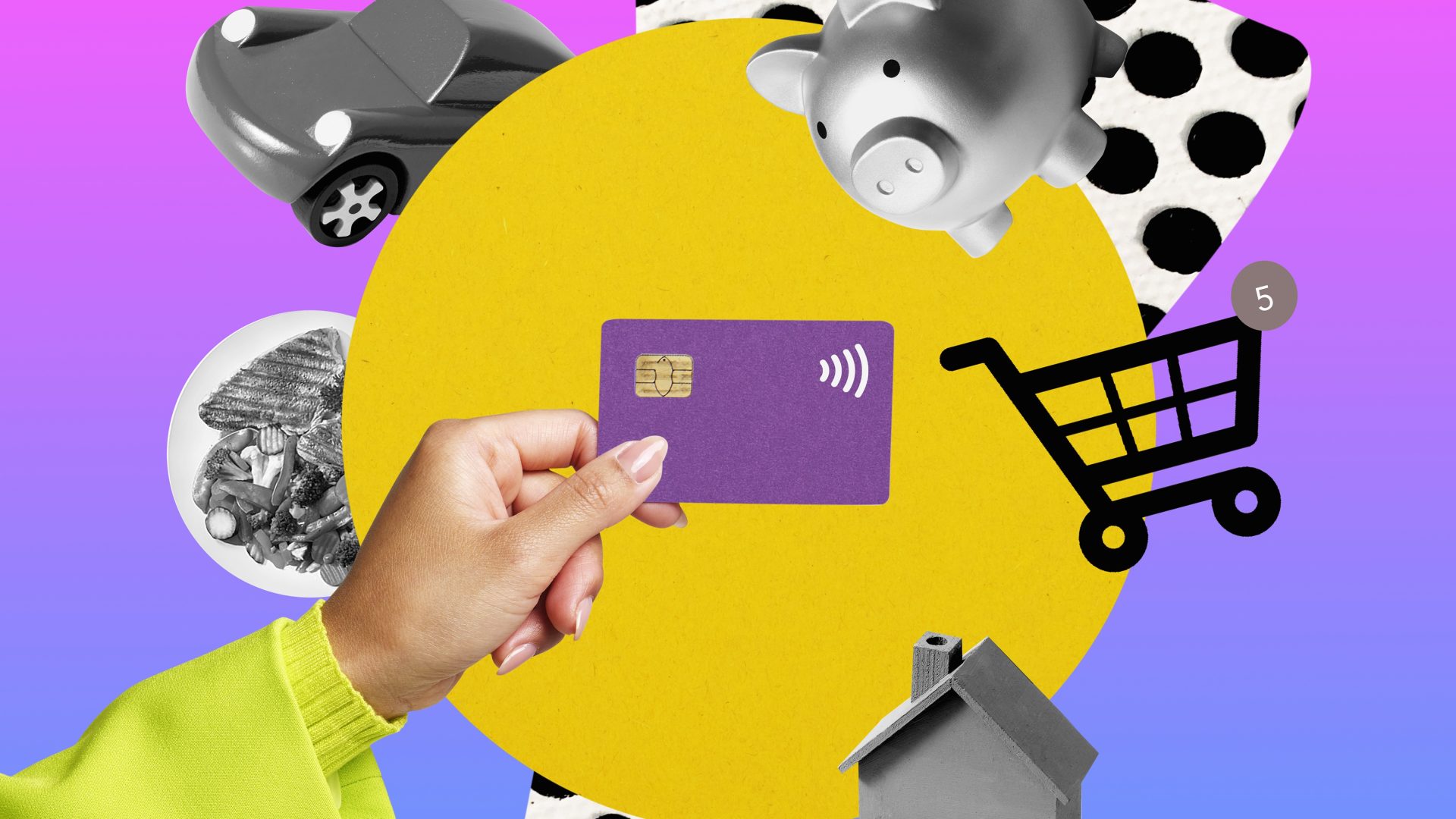
We love to call everything “self-care” these days. A $6 latte? Self-care. A haul from Sephora you can’t afford until payday? Self-care. Ghosting your responsibilities because you’re “healing”? Self-care, apparently. Somewhere between TikTok therapy buzzwords and brand-sponsored “treat yourself” culture, the actual self in self-love got lost.
The way self-love is marketed today isn’t rooted in healing, growth, or discipline. It’s rooted in poor decision-making, avoidance, and the lie that you can buy your way out of discomfort. That if you just add another step to your skincare routine, drop $50 on a new candle, or snag the latest influencer collab, you’ll finally feel better. But you don’t. Not for long, anyway.
Here’s the truth: no brand wants to sell you healing. That feeling of relief is temporary. That product high? It fades fast. And the moment it does, another ad pops up telling you what you “need” next to finally feel whole.
It’s not your imagination. Your favorite skincare brand, your favorite artist, and your favorite store are all working together—lowkey—to keep you emotionally dependent. Not on people, not on purpose, but on products. The more isolated you feel, the easier it is to convince you that a serum, a new purse, or a luxury bath bomb is the fix. The algorithm isn’t just targeting your preferences—it’s preying on your vulnerability.
Grown adults—especially Black Gen Z women—are getting caught in this cycle too. We’ve been conditioned to think it’s cute, or even revolutionary, to put off our responsibilities in the name of “soft life.” But baby, it’s not soft if it leaves you broke, behind, and burnt out. Sometimes, the most loving thing you can do for yourself isn’t buying something—it’s making a budget. It’s doing your laundry. It’s drinking water and calling your grandma back.
Let’s be honest: self-love without discipline isn’t empowerment. It’s just indulgence. This is not about shaming rest. I’m not here to preach hustle culture. But there’s a difference between rest and escape. There’s a difference between intentionality and avoidance. And as more brands profit off our insecurities, we owe it to ourselves to pause and ask: Who is this “self-love” really serving?
Here’s where it gets deeper: for many of us, buying things became the only way we knew how to show love to ourselves. Growing up, we weren’t always modeled emotional care or gentleness. So when capitalism gave us the language of self-care wrapped in a pink package, it felt like a breakthrough. The catch? If your healing journey is entirely dependent on what you can afford—it was never really healing to begin with.
Sometimes, I think about how the most loving thing I’ve done for myself lately wasn’t cute or aesthetic. It was canceling a subscription I didn’t use. It was deleting shopping apps when I felt emotionally impulsive. It was sitting with the hard questions I’d been avoiding instead of numbing them with another “reward.” None of that was Instagrammable. But it was real.
This isn’t an anti-capitalism rant (though… the system is wild). It’s just a reminder that self-love isn’t always pretty. It isn’t always “main character energy.” And it doesn’t always come in the form of a box on your doorstep.
It’s okay to treat yourself. It’s okay to indulge. Just ask yourself: is this love—or a distraction in cute packaging?
You deserve more than temporary relief. You deserve care that doesn’t expire when the trend cycle shifts. You deserve to feel seen and safe without needing to scan a barcode. And you deserve to know that you are worthy—even when you’re not buying anything at all.